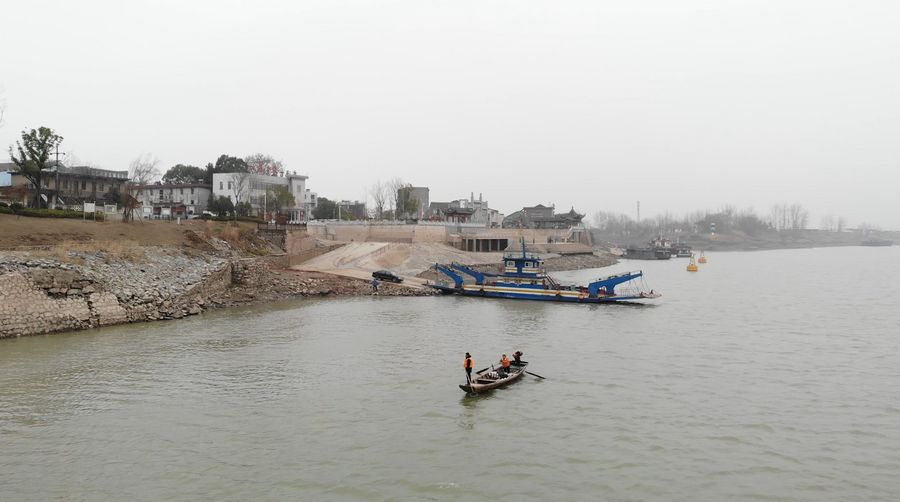China strives to aid fishermen after river ban


Authorities aim to help anglers find new jobs after fishing moratorium imposed
China is ramping up efforts to identify fishermen who give up their boats and nets in compliance with a fishing ban along the Yangtze River, and is devising targeted plans to assist them in relocating and finding new jobs.
To reverse the deteriorating ecosystem and biodiversity of the Yangtze River-whose bountiful aquatic resources have been severely depleted due to intense human activities-China has imposed a 10-year fishing moratorium in 332 conservation areas along the river since the beginning of this year.
The ban will be expanded to all natural waterways and major tributaries of the river, as well as large lakes connected to it no later than Jan 1, according to the Ministry of Agriculture and Rural Affairs.
To achieve the goal, authorities must make sure all fishermen are redeployed to other sectors by the end of this year, Vice-Minister Yu Kangzhen said during a news conference held by the State Council Information Office on Wednesday.
"The scale of the ban is unprecedented as it affects more than 100,000 fishing boats and nearly 300,000 fishermen," he said. "So far, close to 80,000 boats and 100,000 fishermen have been withdrawn, and some regions, including Shanghai municipality and Jiangxi and Yunnan provinces, have finished their tasks in advance."
Yu said uneven preparedness for a full ban along the river has added pressure to the goal, and one major issue is inaccurate and incomplete information on fishermen.
"An inspection conducted this March shows that some areas have failed to set up standard files, precisely detect affected fishermen or release relevant information to the public adequately. If these basics are murky, it will be hard to continue with subsequent work," he said.
To solve the issue, local authorities are now required to close loopholes and confirm relevant information, including fishermen's family backgrounds and employment preferences, by visiting each household, according to Yu.
"The update of the database will be completed by the end of this month. Starting on Aug 1, the system will be locked and used as a reference for rolling out future policies in terms of allocating compensation and social security plans, among other assistance programs," he said.
- Reception held in Macao to welcome Chinese New Year
- China launches Pakistani satellite, two others
- Former deputy head of China Tobacco under investigation
- An Italian calling Shanghai home
- Education Ministry approves 12 new higher education institutions
- China's newborns rise in 2024, first time in years




































